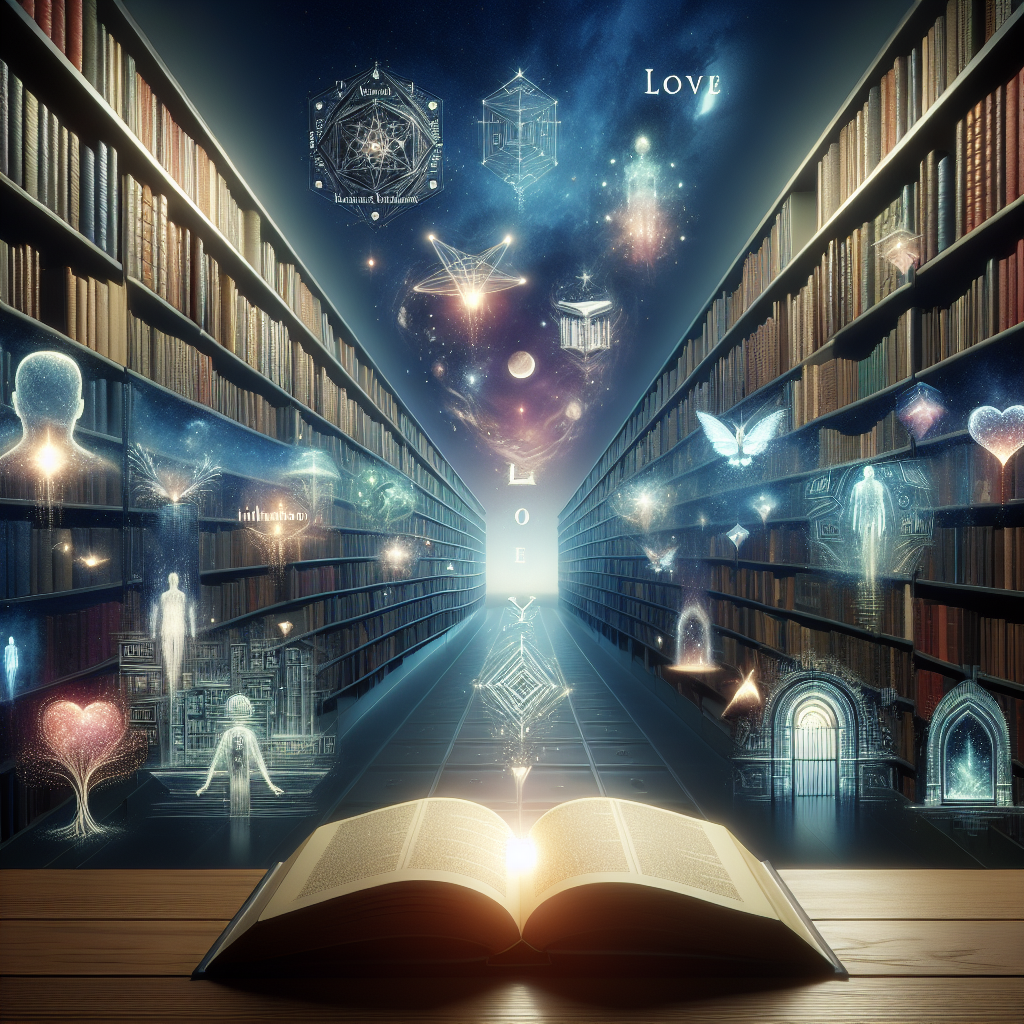Literary Giants: How These Famous Authors Shaped Our World and Why Their Words Still Matter Today

Literature has always served as a reflection of society, and throughout history, there have been several authors whose works transcended their time, influencing generations to come. These literary giants didn't just write; they challenged, changed, and shaped thoughts, cultures, and even political landscapes. Join us as we delve into the lives and legacies of some of the most influential authors in history and explore why their words resonate with us even now.
The Power of Words: William Shakespeare
No discussion of famous authors would be complete without the Bard himself, William Shakespeare. Often regarded as the greatest playwright ever, Shakespeare's influence stretches far beyond the realm of theatre. His works introduced over 1,700 words to the English language and his exploration of complex characters and themes continues to resonate. From love to betrayal, his ability to encapsulate the human condition makes his work timeless. Today, we still use phrases like "break the ice" or "the green-eyed monster," all coined by Shakespeare, underscoring the lasting impact of his creativity.
Challenging the Norm: Mark Twain
Mark Twain, known for his comedic genius and keen social commentary, was more than just a storyteller. Through characters like Huck Finn and Tom Sawyer, he tackled issues of race, identity, and morality during a time of deep societal divides in America. His satirical wit has the power to make us question our own beliefs and societal norms. In fact, Twain's insights into human nature are still relevant, engaging readers in discussions about justice and human rights. It’s no wonder that modern educators often highlight his work in conversations about empathy and societal change.
Breaking New Ground: Virginia Woolf
Virginia Woolf is celebrated not only for her literary prowess but also for her groundbreaking thoughts on feminism and gender roles. Woolf's novel "Mrs. Dalloway" is a remarkable examination of the inner thoughts of her characters, breaking away from traditional narrative forms. Her essays, particularly "A Room of One's Own," argue for women's intellectual freedom and professional life, sparking discussions that carry on today in contemporary feminism. Woolf invites us to question the roles assigned to us by society and inspires women to carve their own paths.
Shattering Boundaries: Gabriel García Márquez
Known for his magical realism, Gabriel García Márquez invites readers into worlds where the extraordinary intertwines with the ordinary. His novel "One Hundred Years of Solitude" delves into themes of solitude, familial ties, and the cyclical nature of history. Márquez not only offers an escape into rich storytelling but also encourages us to reflect on our own realities. His works often highlight socio-political issues in Latin America, challenging readers to engage with the world around them. Through Márquez, we learn that fiction can serve as a powerful tool for social change and historical reflection.
The Modern Voice: Chimamanda Ngozi Adichie
In contemporary literature, Chimamanda Ngozi Adichie stands as a powerful voice, using her narrative to address social issues like feminism and immigration. With her acclaimed novel "Half of a Yellow Sun," she shines a light on the complexities of the Nigerian Civil War, reminding us that every story has multiple sides. Adichie’s Ted Talk, "We Should All Be Feminists," has sparked global conversations about gender equality, demonstrating that literature serves not only as entertainment but as a critical platform for activism. Through her work, we’re constantly reminded that literature is not static; it evolves and shapes discourse in profound, impactful ways.
Conclusion: The Importance of Engaging with Literary Legacy
As we reflect on the works of these remarkable authors, it becomes evident that their contributions extend well beyond the pages of their books. Each author utilized their craft to challenge perceptions, provoke thought, and inspire action. By immersing ourselves in their literature, we not only gain insight into their unique worlds but also into our own lives. Their legacies remind us of the power of storytelling and its ability to connect humanity across epochs. So the next time you pick up a book, remember: you’re engaging with a dialogue that spans centuries, echoing the thoughts and feelings of those who came before us and shaping the future to come.